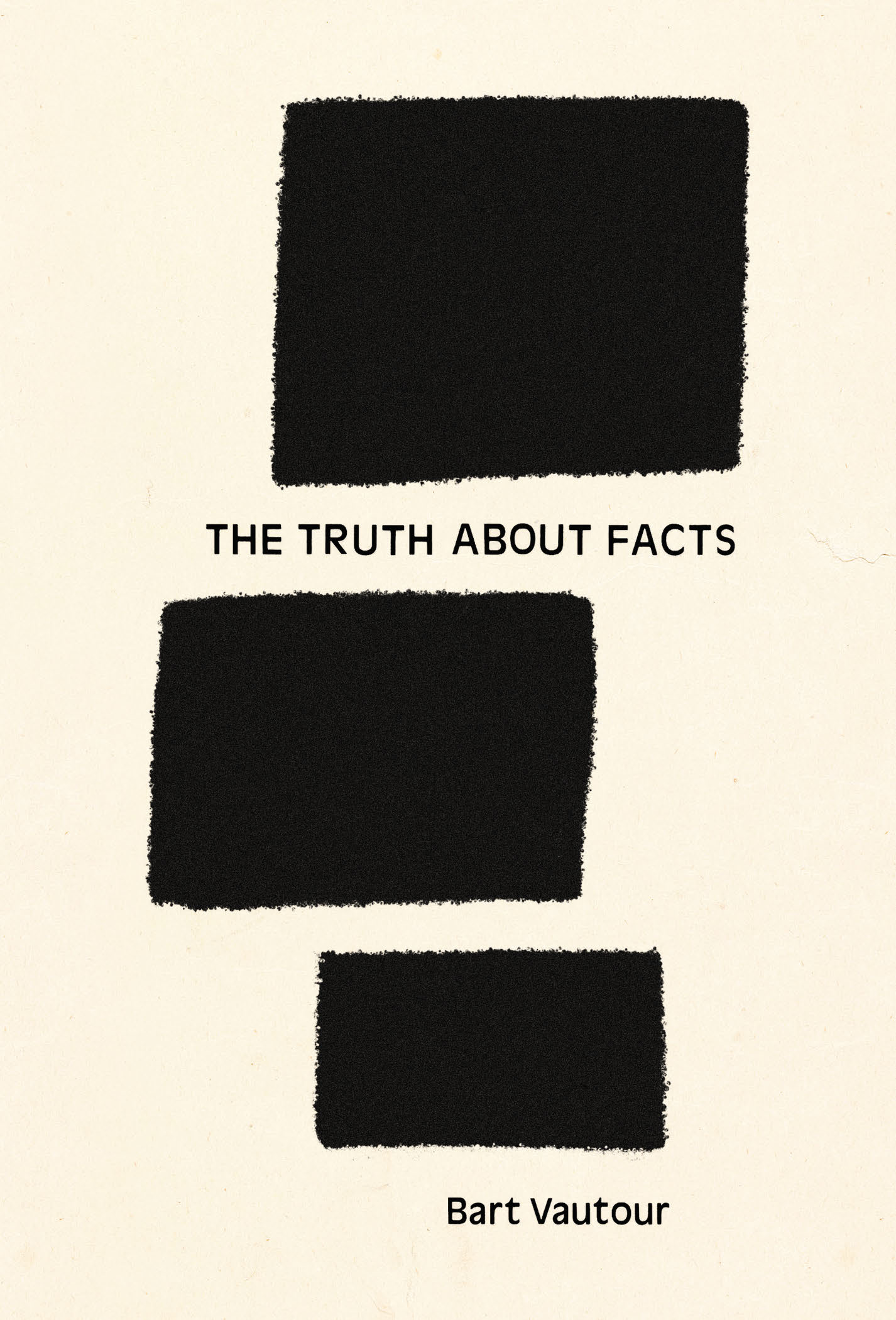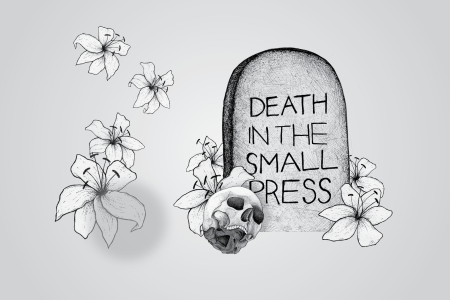 The Truth About Facts
The Truth About Facts
Bart Vatour, 96 pgs, Invisible Publishing, invisiblepublishing.com, $17.95
While encyclopedias were once revered compendia of knowledge, smartphones and the internet have made them a lot more like coffee table books: fascinating, stimulating, whimsical, and just a little pointless. Bart Vatour’s alphabetically organized poems are composed precisely in this spirit. Gleefully subverting the tradition of arranging data in a concrete and comprehensive manner, The Truth About Facts brings out the blithe, fanciful delight of perusing trivia gathered seemingly by pure accident.
As readers might guess from its title, much of Vatour’s book glosses an eclectic assemblage of information (including facts about Brazil nuts, Pittsburgh, text messages, and more) with short, prosey lines of bone-dry humour. Refreshingly, however, the beating heart of Vatour’s poetics is neither ironic nor formulaic, instead, it takes its cues from a mischievous, childlike playfulness with language. In the opening poem, anagrammatical lovers Elliot Hams and Olathe Slim meet in a Mali hostel. Echoing Shakespeare’s famous musing on a flower that by any other name would smell as sweet, “Not once / did they think / to call each other / a rose.”
But why does Vatour go through the trouble of crafting anagrams, researching obscure facts, and weaving in a surprisingly intellectual array of literary references?
Well, because it’s fun.
Fittingly, some of the book’s strongest moments subvert even basic expectations of what a book might be. One such moment occurs in “Facts about Invisible Inks,” from which one of Vatour’s alternating left- and right-aligned stanzas is inexplicably missing — unless, of course, it’s actually been printed in one of the poem’s titular chemicals!
The pleasure of The Truth About Facts isn’t in what it says, but in how it keeps shifting the frame. In this sense, it is less about information than the experience of learning something new — and the indispensability of that experience to poetry of any kind.


